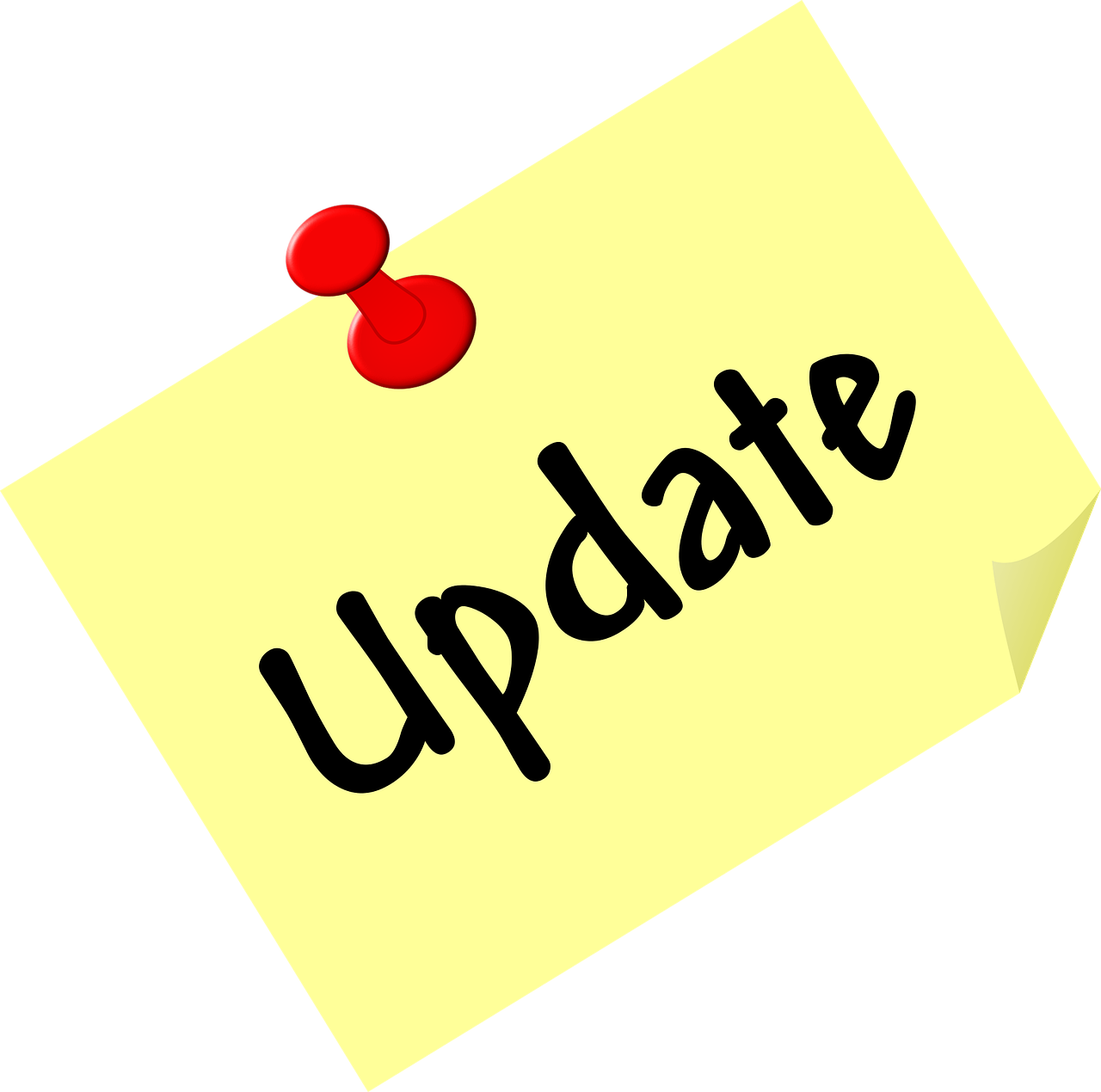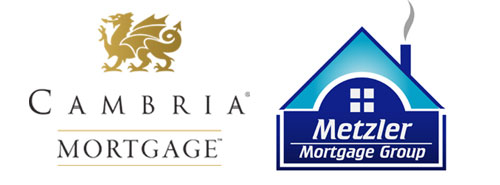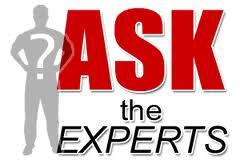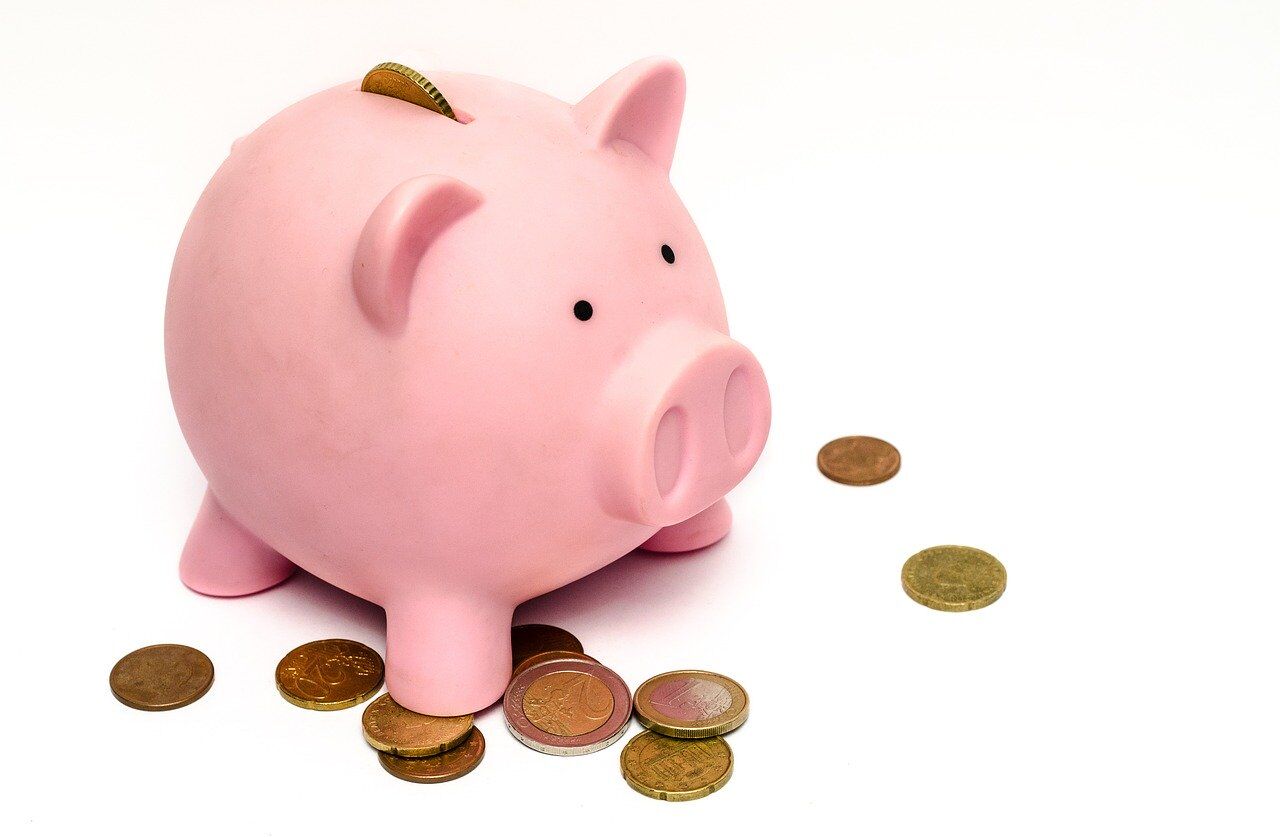-
Share via:
(651) 552-3681
Home Purchase - Home Refinance
Serving MN WI IA ND SD CO FL
- Home
- Reviews
- Apply
- Quick Qualify
- Rates & Costs
- Loan Programs
- Bad Credit Loans
- Buying a House
- Commercial / Apartment
- Doctor Loans
- FHA Loans
- Down Payment Assistance
- First Time Home Buyer
- HomeReady
- Investor DSCR Loans
- Luxury home financing
- Jumbo Loans
- Loans for Self Employed
- New Construction Loans
- No Down Payment Loans
- No Doc / Non-QM
- Refinancing
- Contract for Deed Refi
- Renovation Loans
- USDA Loans
- VA Loans
- Client Resources
- After BK or Foreclosure
- The Home Loan Process
- Daily Mortgage News
- Your credit score
- Student loans
- Homebuyer Classes
- Mortgage FAQ
- Glossary of Mortgage Terms
- Use a Bank or Broker?
- Fixed or ARM
- Home Buyers Guide
- Mortgage Rate Locks
- Long Term Rate Locks
- Mortgage Loan Limits
- No Closing Cost Loans
- Get a Second Opinion
- Tips for a smooth closing
- Top Mortgage Mistakes
- Foreclosures / Short Sales
- How to buy foreclosures
- Well and Septic
- Beware Predatory Lenders
- About
- Blog
- My Acct
Navigation- Home
- Reviews
- Apply
- Quick Qualify
- Rates & Costs
- Loan Programs
- Bad Credit Loans
- Buying a House
- Commercial / Apartment
- Doctor Loans
- FHA Loans
- Down Payment Assistance
- First Time Home Buyer
- HomeReady
- Investor DSCR Loans
- Luxury home financing
- Jumbo Loans
- Loans for Self Employed
- New Construction Loans
- No Down Payment Loans
- No Doc / Non-QM
- Refinancing
- Contract for Deed Refi
- Renovation Loans
- USDA Loans
- VA Loans
- Client Resources
- After BK or Foreclosure
- The Home Loan Process
- Daily Mortgage News
- Your credit score
- Student loans
- Homebuyer Classes
- Mortgage FAQ
- Glossary of Mortgage Terms
- Use a Bank or Broker?
- Fixed or ARM
- Home Buyers Guide
- Mortgage Rate Locks
- Long Term Rate Locks
- Mortgage Loan Limits
- No Closing Cost Loans
- Get a Second Opinion
- Tips for a smooth closing
- Top Mortgage Mistakes
- Foreclosures / Short Sales
- How to buy foreclosures
- Well and Septic
- Beware Predatory Lenders
- About
- Blog
- My Acct
COVID 19 and Your Mortgagee
Just like so many aspects of our lives, COVID 19 has effected mortgages too. This page is meant as a free resource surrounding the Corona Virus and home financing that has been interrupted by Covid-19. From selling your home, buying a home, or just refinancing your home... it is a new world, at least temporarily.
Loan Updates

What's next

COVID 19 related mortgage guideline changes
The economic impact of the shutting down of the economy to prevent the spread of COVID 19 is causing a big disruption in the financial markets. Fear and the unknown are the enemy of the markets, and obviously the there is a lot of fear and unknown going on right now. Hopefully this will all settle back down, but in the mean time, below you'll find some of the more important changes going on in the mortgage industry.
BASIC GUIDELINE CHANGES
Many loan guidelines have tightened up, with one of the most common is lowering of the maximum debt-to-income ratio allowed. Another big one is related to credit score requirements.
A major issue today is massive job loss. While many people are still working, many more are not. If you have been laid off, furloughed, or had your hours reduced, this will likely be a problem until you return to work. It does not matter if you've been pre-approved, or your loan is about to close. Most lenders now require re-verification of employment a day or two prior to closing. This is because we may have verified your job two weeks ago, but you were furloughed yesterday.
Contact your Loan Officer immediately for more information on your specific situation if you have been effected.
Guidelines for age of documents have been shortened. For example, you may have supplied a 401k statement from 60-days ago, but the value today is a lot less, so they want the most current statement available.
Start a basic loan inquiry - No SSN needed
[mortgage_application_form]
Can I get a new loan after forbearance?
Conventional Fannie Mae / Freddie Mac Loans
Homeowners who have been granted forbearance from making full payments on their Fannie Mae or Freddie Mac backed loans during the COVID-19 crisis may still be able to refinance or buy a new home when the crisis ends.
Fannie Mae and Freddie Mac will permit people to obtain a new mortgage under the following conditions.
If you entered into a mortgage forbearance because of COVID-19 here are your options:- You entered into a Covid-19 forbearance with your servicer (lender) BUT continued to make all your payments, AND you are current on your mortgage. Then you are eligible for a new refinance loan or purchase loan immediately. You must call your lender to officially end the forbearance, and provide proof to the new lender that the forbearance plan is over.
- You entered into a Covid-19 forbearance with your servicer (lender), AND you did NOT make your payments. You can contact your servicer and bring your mortgage current, INCLUDING all back amounts, AND you must officially end the forbearance. You would then be immediately eligible for a new refinance or purchase loan. Note that you do NOT have to prove where the money came from to get current)
- You entered into a Covid-19 forbearance plan with your servicer (lender) AND you did NOT make your payments. You have not yet paid back the missed payments, and you will need additional time to pay back the missed payments - then you will need to enter into some sort of pay back plan to pay back missed payments. This includes any type of modification plan, like moving the missed payments to the end of your loan. To qualify for a new loan, you will have to make at least 3 consecutive monthly payment in your pay back plan, after which you would then be allowed to do a new refinance or purchase loan. You will need to provide proof of the payment plan and proof you've made at least three consecutive payments on the plan before you can get a new loan.
FHA Mortgage Loan Guidelines After Forbearance
Generally, a borrower who was granted Mortgage Payment Forbearance is eligible for a new FHA insured mortgage provided:
- The borrower continued to make regularly scheduled payments, AND the Forbearance Plan is terminated, or
For Cash-Out refinances, the borrower has completed the Forbearance Plan and made at least 12 consecutive monthly payments post forbearance; or - For Purchase and No Cash-Out refinances, the borrower has completed the Forbearance Plan and made at least three consecutive monthly payments post forbearance; or
- For Credit Qualifying Streamline refinance, the borrower has completed the Forbearance Plan and made less than three consecutive monthly payments post forbearance; and
- For all Streamline refinance transactions, the borrower has made at least six payments on the FHA-insured mortgage being refinanced (where the FHA insured Mortgage has been modified after forbearance, the Borrower must have made at least six payments under the Modification).
SOCIAL DISTANCING
Mortgage companies: In office loan applications have been falling for years as most people simply do online loan applications, do electronic signatures, and upload documents electronically, so not a huge disruption if you want to apply for a home loan.
Title Companies: Most mortgage lenders still require live inked signatures on loan documents. A few have embraced electronic signatures, but very few. As with so many things, this virus may help make electronic signatures more common in the future.
At the actual closing, I’ve seen both closers and clients in masks sitting at opposite ends of large tables. Buyers and sellers in different rooms, those not needed to sign staying away, and even closings in parking lots where the title closers hands you documents to sign through a tiny open in your car windows while you stay in your car.
At Closing:
- Follow prevention and preparation guidelines from the Centers for Disease Control and Prevention, which are available at https://www.cdc.gov/coronavirus/2019-ncov/prepare/prevention.html.
- Do not shake hands.
- Bring your own pens or request a new pen to sign documents. Do not share pens.
- Wash your hands before and after the appointment with soap and water for at least 20 seconds.
- If soap and running water are not available, use an alcohol-based hand rub that contains at least 60% alcohol.
- Avoid touching your eyes, nose, or mouth with unwashed hands.
- Avoiding close contact.
- Wear a mask. Your closer will be wearing one.
Appraisals: Many people are afraid to let an appraiser in the their home, and many appraisers are also afraid to go in your home. New temporary guidelines from Fannie Mae, Freddie Mac, and FHA are helping by allowing alternative appraisals, know as Desktop Appraisals, or Drive by appraisals, where the appraiser still values the home, but does not physically enter.
Homes For Sale: Real Estate Agents are trying everything possible to continue to sell homes with some sort of social distancing. Virtual tours, spacing of people at open homes, scheduling viewing so no two groups are in the home at the same time, requiring masks, etc, are all things I've heard.
INTEREST RATES
The quick answer is that if you've got great credit, you can grab some amazing historic rates right now. (get a rate quote). As your credit score drops, your rate will go up. Loans with riskier feature, for example, a cash out refinance will be higher, especially if you have weaker credit scores.
Click here for current mortgage interest rate averages
GOOD CREDIT RATES
For good credit clients looking to either purchase a home or refinance a home using standard conventional loans under $510,400, mortgage interest rates are still great, and most everything is still the same.
FHA loans and VA loans are still available. Rates for government backed loans initially jumped up a lot, but have since come back down to near normal.
WEAKER CREDIT RATES
For clients with weaker credit, primarily those under 680, we are seeing huge changes. Either loan options have temporarily gone away completely, or if any lender is still offering loans, the rates have jumped up A LOT.
Bad credit loans, primarily credit scores under 640, there are pretty much little to no loan options today for those people.
JUMBO LOANS
Many jumbo loans have seen minimum credit score requirements increase, along with bigger down payment requirements. Interest rates are also up a bit. Anything less than 20% down is near impossible to find right now.
NON-TRADITION LOANS
Most non-traditional loans loans, sometimes known as Non-QM loans, have completely disappeared. This includes bank statement loans, and asset based loans. A small number of them are starting to come back into the market, but expect at least 20% down, and higher closing costs, and needing to pay discount points.
REHAB LOANS
Rehab loans that let you buy a home, and get the money to repair it all in one loan, primarily the FHA 203k loan, and the Fannie Mae Homestyle loan, have been suspended by most lenders.
FORBEARANCE
The government have made getting a forbearance, essentially just a pause in your mortgage payments, very easy, with no proof of hardship required.
If you are struggling financially, understand that this just pause your payment. Once the pause is over, you owe all the back payments, plus the current month.
Forbearance is NOT forgiveness, or deferred payment. It is a short term pause, then you owe everything.
What Can Happens When The Forbearance Is Over?
When you are ready to resume payments, the money from the forbearance (pause) needs to be paid back. There are three ways to go about that:
Lump Sum Payment: If you can afford it, the simplest thing to do is make a lump sum payment and pay off the whole amount you owe. That sounds like a big chunk, but one of the options you have is to pay whatever you can during the forbearance in order to cut down on the amount you owe at the end. See above example.
Repayment Plan: The second option is to go on a repayment plan. With this, you make your regular mortgage payment plus some extra in order to pay off the amount you still owe from your forbearance over a set period of time. This means they will take the past due payments, divide them by 12 months, and add them to your next 12 mortgage payments. See above example.
Modification: By modifying your loan, you can potentially roll the balance back into the mortgage. While this sounds simple, modification is a very complete process. All you need to do is look back to the crash of 2007 / 2008 to see the heartache, pain, and hassle of trying to get a loan modification. Many people asked for loan modifications, but few actually got them.
DO NOT DEPEND ON OR ASSUME YOU CAN GET A MODIFICATION.
Will forbearance hurt my credit score?
No and Yes:
Per the CARE ACT, lenders are not allowed to report any paused (missed) payments as a late payment on your credit report, so technically no, it shouldn't hurt your credit score.
BUT, the word forbearance WILL show up as a comment under your mortgage. Lenders will know, and will be extremely reluctant to lend to you in the near future.
Long standing underwriting guidelines have always required lenders review a minimum of your last 12 months mortgage payment history, which we normally just see on your credit report. But due to COVID, there are now special new rules, which we explain at the top of this article.
** EXPERIENCE MATTERS **
Top rated mortgage lender locally and nationally, year after year... This is because clients agree - Experienced Loan Officers with mortgage interest rates you can brag about and amazing service clearly sets us apart from the big banks and online lenders.
Address
33 Wentworth Ave E, St Paul, MN 55118
Contact
Main (651) 552-3681
Joe@JoeMetzler.com
Cell/Text (651) 705-6261We also call from
(651) 615-7545
(952) 486-6135License Info
Cambria Mortgage
NMLS# 322798 Branch:1888858Joe Metzler Loan Officer
NMLS# 274132. License MN #MLO-274132, WI #11418. SD #MLO.03095, ND #NDMLO274132, IA #36175, FL #LO119389, CO #100536785Privacy Policies | Disclaimers | Disclosures | Terms of Use | DMCA Notice | ADA Notice |

Equal Housing Lender. The Joe Metzler Team at Cambria Mortgage lends in Minnesota, Wisconsin, Iowa, North Dakota, South Dakota, Colorado, and Florida only. This is not an offer to lend or to extend credit, nor is this a guaranty of loan approval or commitment to lend. Information here can become out of date, and may no longer be accurate. Products and interest rates are subject to change at any time due to changing market conditions. Not all programs available in all states. Actual rates available to you may vary based upon a number of factors. Consumers must independently verify the accuracy and currency of available mortgage programs. All loan approvals are subject to the borrower(s) satisfying all underwriting guidelines and loan approval conditions and providing an acceptable property, appraisal and title report. Joe Metzler, NMLS 274132, Cambria Mortgage NMLS 322798. © 1998 - 2024.















